Marine Fats As Mood Fixes
Omega-3 fatty acids have been widely studied for their positive effects on depressive moods, showing promising results when combined with traditional antidepressants. Preliminary research indicates that omega-3 fatty acids hold promise in alleviating postpartum depressive symptoms. Moreover, during pregnancy, omega-3s are known to be depleted, making their supplementation beneficial for fetal brain development while reducing the risk of child allergies. Additionally, these fats have shown promising results in improving the depressive phase of bipolar disorders and borderline personality disorder symptoms, particularly emotional dysregulation and impulse control issues.
If You Were to Give Marine Oils A Try:
For depression, consider taking 1,000mg of fish or algae oil with 60% or more EPA (versus DHA) daily, in combination with a traditional antidepressant. Those with borderline personality disorder can benefit from taking 700mg of fish or algae oil with 60% or more EPA (versus DHA) daily. As for postpartum depression, it is recommended to start with lower dosing and ensure 60% or more EPA (versus DHA), as the safety of higher doses is still uncertain. Consult your medical provider prior to beginning adjunctive supplementation with marine fatty acids. If you are a patient at Spirit Clinic, ask about omega-3 fatty acid supplementation at your next visit.
Choosing the Right Supplement:
To enhance compliance, opt for an Omega-3 Fatty Acid Oil brand that delivers 1000mg in three pills per day or less. Look for enteric-coated pills to minimize the chances of unpleasant aftertaste or stomach upset.
Reference List (Alphabetical Order)
1. Freeman, M. P. et al. (2006). Randomized dose-ranging pilot trial of omega-3 fatty acids for postpartum depression. Acta Psychiatrica Scandinavica, 113(1), 31–35.
2. Karaszewska, D. M., Ingenhoven, T., & Mocking, R. J. (2021). Marine omega-3 fatty acid supplementation for borderline personality disorder. The Journal of Clinical Psychiatry, 82(3).
3. Keck, P. E. et al. (2006). Double-blind, randomized, placebo-controlled trials of ethyl-eicosapentanoate in the treatment of bipolar depression and rapid cycling bipolar disorder. Biological Psychiatry, 60(9), 1020–1022.
4. Mazza M et al. (2015) The complex interplay of Depression, Inflammation and Omega-3: state of the art and progresses in research. Clin Ter;166:e242-247
5. Marangell, L. B. et al. (2004) Omega-3 fatty acids for the prevention of postpartum depression: negative data from a preliminary, open-label pilot study. Depression and Anxiety, 19(1), 20–23.
6. Sarris J et al. (2012) Omega-3 for bipolar disorder: meta-analyses of use in mania and bipolar depression. J Clin Psychiatry;73:81-86.
7. Stoll, A. L. et al. (1999). Omega 3 fatty acids in bipolar disorder: a preliminary double-blind, placebo-controlled trial. Archives of General Psychiatry, 56(5), 407–412.
8. Stoll AL. (2008): Omega-3 Fatty Acids In Mood Disorders: A Review of Neurobiological and Clinical Actions. In: Mischoulon D, Rosenbaum J, editors. Natural Medications in Psychiatric Disorders. Philadelphia: Lippincott Williams & Wilkins. Pp.39-67.
9. Sublette ME et al. (2011) Meta-analysis of the effects of eicosapentaenoic acid (EPA) in clinical trials in depression. J Clin Psychiatry; 72:1577-1584.



